Mozambique: Two arrested in Mocuba transporting 230 kg of cannabis - Watch
Drivers protest against attacks in central Mozambique – DW
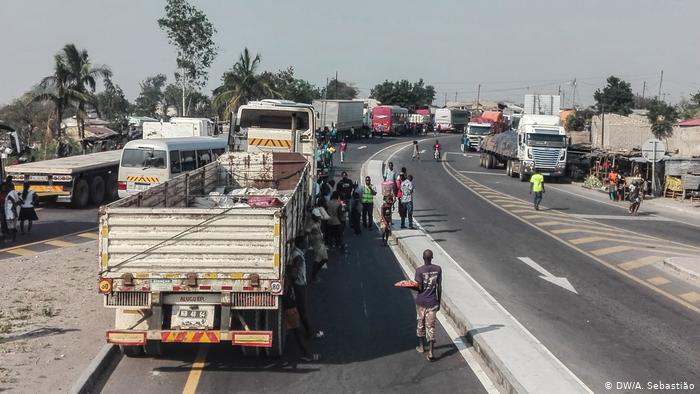
EN1, Inchope-Muxungue section, Manica province. [Photo: DW]
In Manica province, motorists blocked the country’s main road, the EN1, putting pressure on the government to negotiate with those responsible for the armed road attacks.
Hundreds of motorists driving through central Mozambique on Monday called on the government to provide better security in the wake of several attacks in the region.
Motorists blocked the Inchope-Muxungue stretch of National Road 1 (EN1) in Manica province.
“We are not stopping because we are on strike. Every driver here has felt fear because of the recent attacks. That’s what we are afraid of, of crossing into Gorongosa,” driver Arthur Panachande said.
“There is a rumour that they attacked [in the locality of] Muda Serração. What is this security? We are demanding here, but they have already attacked elsewhere. Yesterday they killed our colleague here; they killed innocent people here. But they say there is security,” he protested.
Fear of attacks
On Sunday (27/10), three people were killed in an attack on two cars in Sofala province. One of the drivers was among the victims. The attack took place near where a policeman was killed and three others injured just days before.
The region has a Defence and Security Forces presence to protect citizens but, even so, there is no guarantee of safety, another driver told DW Africa. “We are seeing that it is no use driving, because we are heading for death,” said Nelson Bernardo.
“[This] is a way of putting pressure on our government, because our government is too slow in recognizing that road operators are tired of these things. There are always attacks, and we are tired of it,” he said.

The stoppage extended until 10:00 a.m. on Monday, resulting in long lines of vehicles. After a long dialogue with motorists, Manica police spokesman Inácio Dina said the corporation was ensuring safety on the road.
“It’s a group of long-haul truckers,” he said. “In fact, they stopped to find out from the police what safety conditions were in place before continuing their journey. We explained to them that the police were ensuring safety and security along the sections and that they could go through them. The drivers understood and quickly resumed their trip.”
Social media rumours
According to Inácio Dina, the delay was the result of a rumour circulating on social media networks, with videos of long lines of cars following an alleged attack in the Muxungue region of Sofala province. Dina says these the information is untrue.
“This wave of rumours stems from social networks and unfounded information, and those who are at some distance, receiving a photograph of a video that does not portray the truth, can become afraid,” he argued.
Meanwhile, police have not yet commented on Sunday’s attack on Sofala.
In the face of this wave of attacks, DW Africa asked driver Nelson Bernardo whether it would be feasible to introduce military escorts to protect motorists. Bernardo said not.
“No, this is very negative. If you look at it, many people died even in escorted convoys over the past few years. So we just want them to negotiate [with the attackers] so that the road is clear,” he replied.
The central region of Mozambique has been the scene of armed attacks on vehicle since August, resulting in seven deaths and multiple injuries, according to local authorities.
Central Mozambique has historically been the scene of armed confrontations between government forces and the Mozambican National Resistance (Renamo) up until December 2016, when a truce was declared pending the signing of a peace agreement on 6 August.


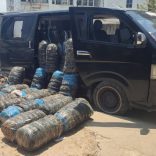
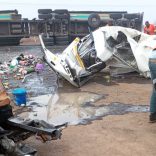
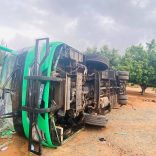
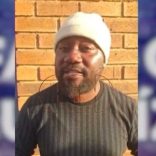

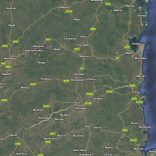




Leave a Reply
Be the First to Comment!
You must be logged in to post a comment.
You must be logged in to post a comment.